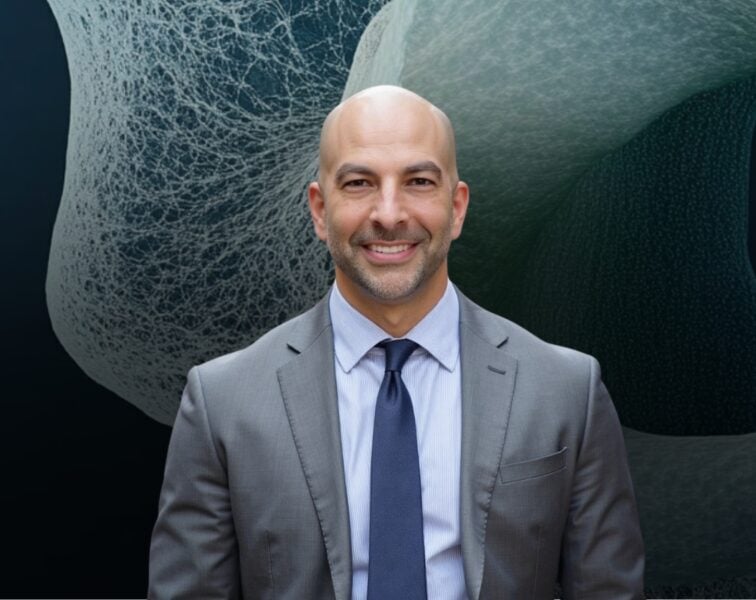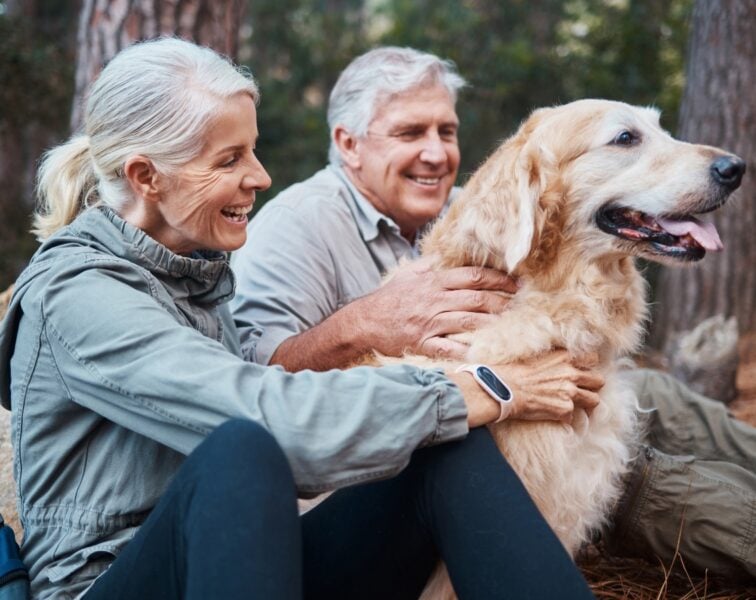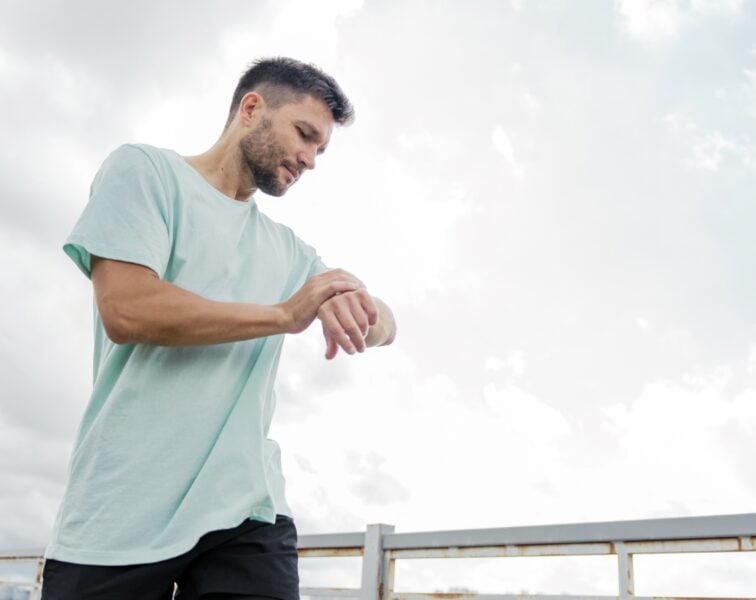In this episode, Dave Feldman, discusses his journey from software engineer to n=1 experimenter, his experience with low-carbohydrate diets, and his hypothesis that cholesterol levels are influenced by energy metabolism.
Subscribe on: APPLE PODCASTS | RSS | GOOGLE | OVERCAST | STITCHER
Note: this podcast gets technical at times and refers to many visuals during the discussion. The graphics, figures, and tables alluded to are provided in the show notes. In addition, there is commentary by Thomas Dayspring, M.D., in the show notes, providing corrections, clarifications, and amplification. Dave Feldman provided many graphics and some additional comments that are included in the show notes.
For the transcript of this episode, please visit this page, where there is more commentary from Tom Dayspring.
We discuss:
- Peter’s synthesis of Dave’s energy model [5:00];
- Dave’s lipid energy model;
- Dave’s inversion pattern experiments;
- Dave’s journey from software engineer to cholesterol enthusiast [15:00];
- Standard blood panels, sterol panels, and what moves the needle when it comes to particle numbers [18:30];
- Hyper-responders [20:00];
- Lipoprotein transport [33:45];
- The lean mass hyper-responder phenotype [47:30];
- The progression of atherosclerosis, CAC, and CIMT [52:30];
- Testing for oxidized LDL [55:30];
- All-cause mortality and clinical endpoints [1:01:15];
- What does “LDL as causal” mean? [1:05:15];
- Dave’s low carb cholesterol challenge and drug & genetic study qualifications [1:13:15];
- If all other markers are in a healthy range, but LDL-P is high, is the patient at risk? A couple of case studies, and a self-experiment [1:27:30];
- Peter’s three-day exercise and ketosis experiment [1:41:00];
- What are remnant lipoproteins? [1:45:00];
- What might cause lean mass hyper-responders to have higher LDL particle numbers? [1:53:30];
- A case study from Dave of a lean mass hyper-responder [1:56:30];
- Mass balance and cholesterol flux [2:05:30];
- Can a higher degree of cholesterol explain the lean mass hyper-responder phenotype? [2:10:00];
- Peter’s LDL during his keto-fast-keto experiment [2:13:30];
- Does substituting saturated fats with monounsaturated fats lower LDL-P and LDL-C? [2:15:45];
- Dave’s carb-swap experiments [2:22:15];
- Dave’s carotid intima-media thickness tests [2:41:15];
- Looking for studies that stratify for high HDL-C and low TG alongside low and high LDL-C [2:53:00]; and
- More
Get Peter’s expertise in your inbox 100% free.
Sign up to receive An Introductory Guide to Longevity by Peter Attia, weekly longevity-focused articles, and new podcast announcements.
Would you like access to extensive show notes and references for this podcast (and more)?
Check out this post to see an example of what the substantial show notes look like. Become a member today to get access.

Dave Feldman
I’m a senior software engineer and entrepreneur.
I began a Low Carb, High Fat diet in April 2015 and have since learned everything I could about it with special emphasis on cholesterol given my lipid numbers spiked substantially after going on the diet. As an engineer, I spotted a pattern in the lipid system that’s very similar to distributed objects in networks.
I’ve since learned quite a bit on the subject both through research and experimentation which has revealed some very powerful data. With this new general theory, I’ve shifted around my cholesterol more than anyone else in the world without any drugs or special supplements of any kind. [cholesterolcode.com]
Dave on YouTube: Dave Feldman
Dave on Instagram: @davefeldmanketo
Dave on Facebook: @DaveFeldmanLC
Dave on Twitter: @DaveKeto



